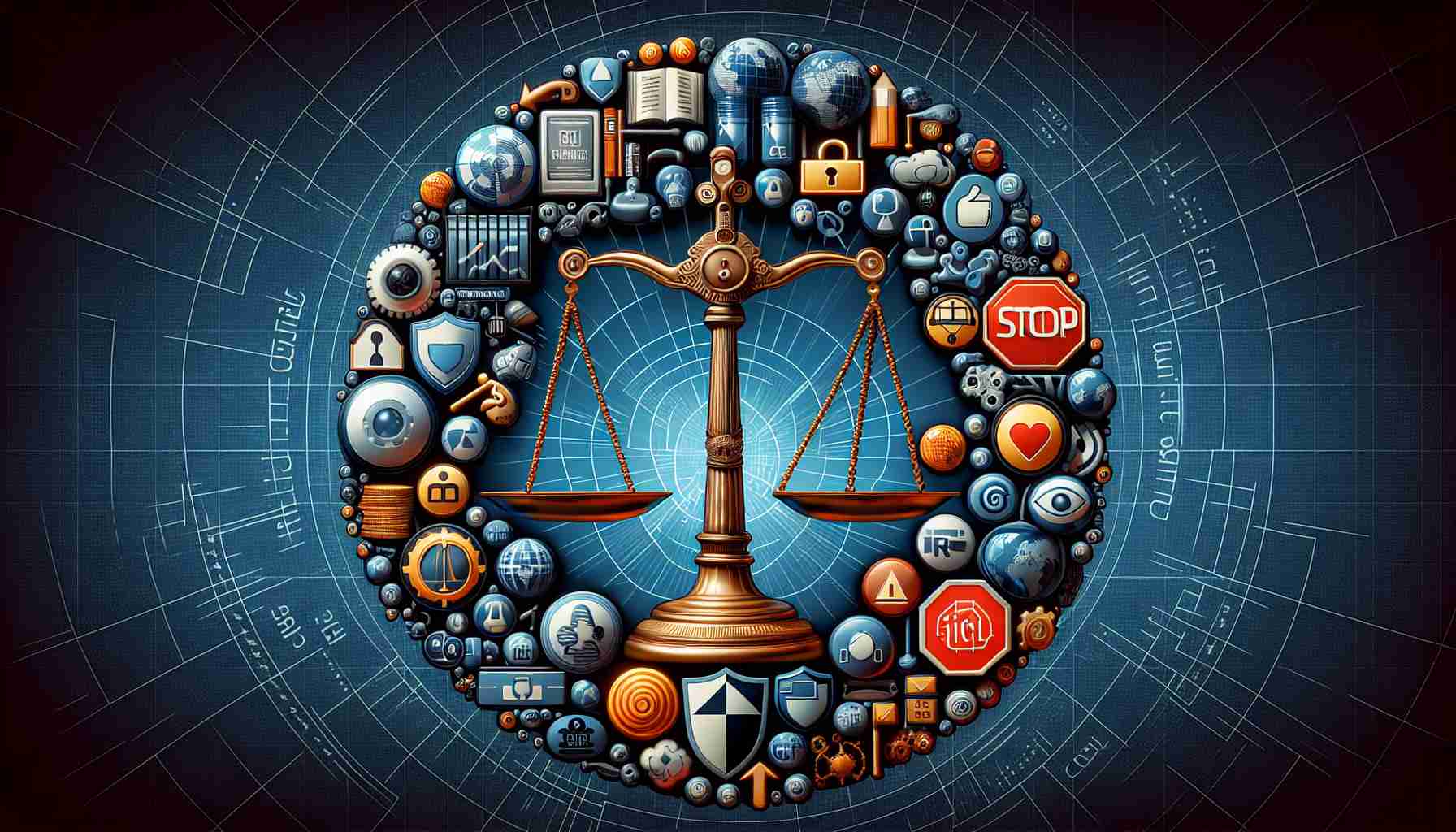TikTok, one of the world’s largest social media platforms, recently faced the consequences of its disregard for intellectual property (IP) rights. After failed licensing negotiations with Universal Music Group (UMG), the music licensing giant decided to remove its entire catalogue from the platform. While this may have disappointed Swifties who enjoyed creating memes with Taylor Swift’s music, the incident serves as a reminder of the importance of IP rights, especially for up-and-coming artists.
TikTok typically pays royalties to rights holders to legally host their music on its site, allowing users to create videos with popular songs. This has contributed to the unique short-form video style that both TikTok and Instagram Reels are known for. However, UMG announced in January that TikTok had demanded a contract that would significantly reduce pay for artists. Unable to accept these terms, UMG walked away, resulting in the silence of thousands of existing videos featuring songs from their catalogue.
While renowned artists like Taylor Swift can withstand such disputes, it is the lesser-known artists who suffer the most. Social media platforms have become crucial tools for newcomers to break through the music industry. Artists like Lil Nas X have risen to fame through social media, and even older songs that never became big hits find a second life on platforms like TikTok and Instagram Reels.
Additionally, international music is finding new audiences thanks to these platforms. Songs that were once popular in certain regions are now being discovered by people around the world. However, for this trend to continue and for the next Taylor Swift to emerge, social media platforms must respect IP rights and adhere to licensing agreements.
IP rights are the foundation of this entire system. Licensing agreements secure fair compensation for artists while allowing users the freedom to create with their copyrighted works. By respecting artists’ ownership of their songs, platforms ensure a mutually beneficial relationship where artists are encouraged to create and users can access content for free.
TikTok’s failure to prioritize IP rights not only deprives artists of fair compensation but also harms the platform itself. With a reduced catalogue of music and thousands of videos without sound, users are left disappointed. By disregarding IP law, TikTok risks undermining the very promise of the internet and social media – a global melting pot of content and cultural influences that leads to new and better creations.
Instead of stubbornly focusing on cost-saving measures, TikTok should recognize that securing IP rights is in its own interest. By doing so, the platform can continue to catalyze content generation on all levels and maintain its position as a creative hub for artists and users alike. Respecting IP rights is not just a legal obligation, but a fundamental principle that ensures the sustainability and growth of the music industry in the digital age.
Frequently Asked Questions (FAQ) Based on the Article:
1. What consequences did TikTok face regarding its disregard for intellectual property rights?
– TikTok faced the consequences of having Universal Music Group (UMG) remove its entire catalogue from the platform after failed licensing negotiations.
2. What is the importance of intellectual property rights for up-and-coming artists?
– Intellectual property rights are important for up-and-coming artists as they ensure fair compensation for their work and protect their ownership of copyrighted songs.
3. How does TikTok typically pay royalties to rights holders?
– TikTok pays royalties to rights holders to legally host their music on its site, which allows users to create videos with popular songs.
4. What led to Universal Music Group (UMG) removing its catalogue from TikTok?
– UMG announced that TikTok had demanded a contract that would significantly reduce pay for artists, leading UMG to walk away from the negotiations.
5. How do social media platforms contribute to the music industry for newcomers?
– Social media platforms have become crucial tools for newcomers to break through the music industry, allowing them to gain recognition and visibility.
6. How does the violation of intellectual property rights affect lesser-known artists?
– Violation of intellectual property rights affects lesser-known artists the most as they rely on social media platforms to gain exposure and build their careers.
7. What benefits do social media platforms offer in terms of international music?
– Social media platforms help international music find new audiences by allowing songs popular in certain regions to be discovered by people around the world.
8. Why is it important for social media platforms to respect intellectual property rights?
– Respecting intellectual property rights ensures a mutually beneficial relationship between artists and platforms, encourages creativity, and allows users to access content for free.
9. How does TikTok’s failure to prioritize intellectual property rights harm the platform itself?
– TikTok’s failure to prioritize intellectual property rights results in a reduced catalogue of music and videos without sound, disappointing users and undermining the platform’s promise as a hub for content and cultural influences.
10. What should TikTok do to protect intellectual property rights?
– TikTok should recognize that securing intellectual property rights is in its own interest. By doing so, the platform can continue to foster content generation and maintain its position as a creative hub for artists and users.
Key Terms and Jargon:
– Intellectual Property (IP) Rights: Legal rights that protect creations of the mind, such as inventions, artistic works, and musical compositions.
– Royalties: Payment made to rights holders for the use or distribution of their copyrighted works.
– Licensing Agreements: Contracts that grant permission to use someone else’s intellectual property in exchange for compensation or other specified terms.
Suggested Related Links:
– UMG Official Website
– Taylor Swift Official Website
– Lil Nas X Official Website
The source of the article is from the blog hashtagsroom.com
